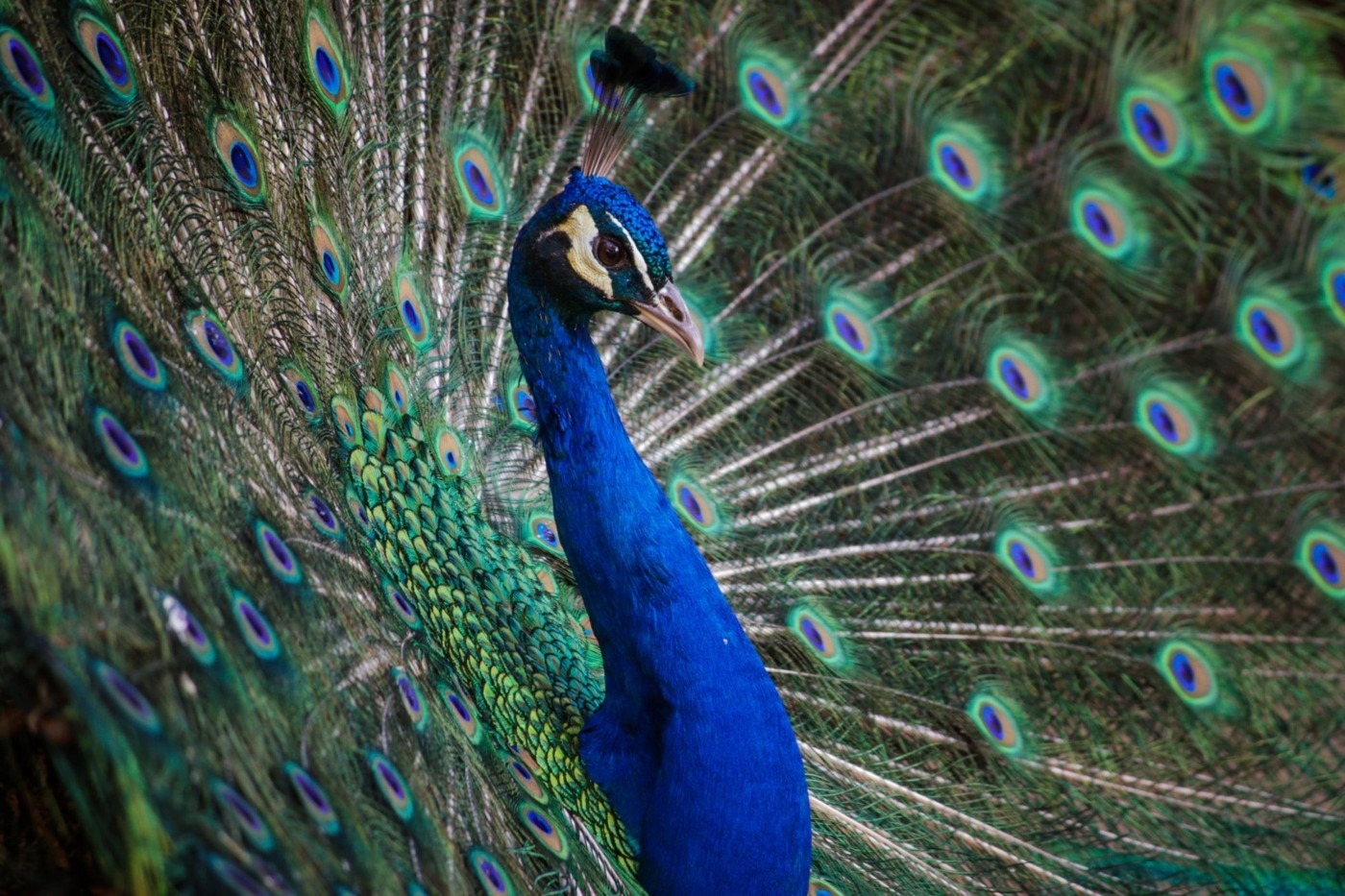The global consequences of China’s secret wildlife farms
Following the outbreak of coronavirus (COVID-19), China has shut down thousands of exotic wildlife farms across the nation. This comes after years of persistent criticism of the unethical nature of the exotic wildlife trade, from animal rights activists, echoed on a global platform, by the United Nations. However, the Chinese government had continued to promote exotic wildlife farming as a lucrative form of business, until the link was made between this practice and the spread of the coronavirus.
Thus, this direct action has not been prompted by concerns about biodiversity or animal welfare – rather rapidly increasing panic surrounding the coronavirus, which is now known to have infected in excess of 315,000 people, and already claimed over 13,000 lives, with numbers still rapidly increasing. Thought to have broken out in Huanan seafood market, which contained 30 species of exotic animals, the coronavirus pandemic has now been declared a global emergency by the World Health Organisation.
The Chinese government had continued to promote exotic wildlife farming as a lucrative form of business until the link was made between this practice and the spread of the coronavirus
Yet this ban has been met with blunt criticism from experts, as the government has made clear that such measures are merely temporary, suggesting that it remains unconcerned with the plethora of ethical issues surrounding these wildlife farms. Calls from within the nation to make this permanent are now echoing those of the experts and quickly gaining traction, as the ban has revealed the extent of the ethical problems associated with the breeding and trade of some 54 exotic species in China. The outbreak of the virus has not only made people recognise the highly concerning health risks but has also begun to uncover the unsettling realities of the treatment of exotic animals. Such farms act as breeding grounds for disease, with animals kept in cramped cages and treated as merely a commodity, with no concern for their welfare.
Indeed, it is not the first time that China has been hit with such an outbreak – in 2002, Severe Acute Respiratory Syndrome (Sars), also believed to have been caused by a strain of the coronavirus, spread across the South of China. This prompted the same response from the government, as it temporarily closed exotic wildlife farms; however, they were reinstated once the threat was brought under control. It could be suggested that the repeat of an outbreak of the coronavirus, this time on a much larger scale, could encourage more long-term preventative action. However, if the government was unwilling to ban the trade the first time it caused a global health alert, there appears to be little reason to believe that laws will be changed in the wake of the current outbreak.
The outbreak of the virus has not only made people recognise the highly concerning health risks but has also begun to uncover the unsettling realities of the treatment of exotic animals
Much resistance to making this ban permanent stems from the view that animal products act as a prominent driver of trade within the nation, as they are not only a valued element of Chinese cuisine, but also heavily relied upon in traditional medicine. However, the outbreak of the coronavirus is starting to create a tide change in public opinion, as vast swathes of communities that had viewed wildlife as a delicacy, are now deeming it a significant health risk. If this mindset shift continues to persist, the arguments for reinstating exotic wildlife farms are further weakened, as their trade can no longer play such an influential role in the economy.
Furthermore, in this current environment of mass panic, the spread of misinformation is rife, so it is important to recognise that the idea of eating wild animals was only ever popular in certain pockets of China, typically in more rural provinces. In the nation’s capital, Beijing, just 5% of residents reported eating any wildlife in 2014 and fewer than half of Chinese nationals, interviewed in this 2014 report, expressed their support for eating wild animals. Thus, the changing views of those previously in support are only increasing the strength of the majority opinion, further diminishing reasons for support of reinstating these farms.
The dangers posed by the virus will eventually be brought under control…and once the threat has passed, the chances of the reinstatement of wildlife farms remains a very possible risk
It appears that exotic wildlife trade now acts as a double-edged blade – with both highly inhumane conditions for animals and potentially severe health threats for those purchasing them for consumption. The outbreak of the coronavirus has served to reveal some ugly truths about the reality of these farms, reigniting support for a total ban. However, it has been predicted that, in spite of declining support for the trade, a permanent ban would still cost the Chinese economy approximately 50 billion yuan (5.5 billion GBP). Whilst this is an undeniably significant sum, it pales into complete insignificance when compared to the global financial damage that will be caused by the coronavirus.
It is clear that whilst COVID-19 remains a significant threat the government will continue to prevent exotic wildlife farms from trading. Whilst it may be difficult to see past this period right now, the dangers posed by the virus will eventually be brought under control… and once the threat has passed, the chances of the reinstatement of wildlife farms remains a very possible risk. Therefore, whether the mass devastation caused by the virus will be enough to cause China to put a permanent stop to wildlife farms remains to be seen.

Comments